Modi is India’s most popular leader: Poll
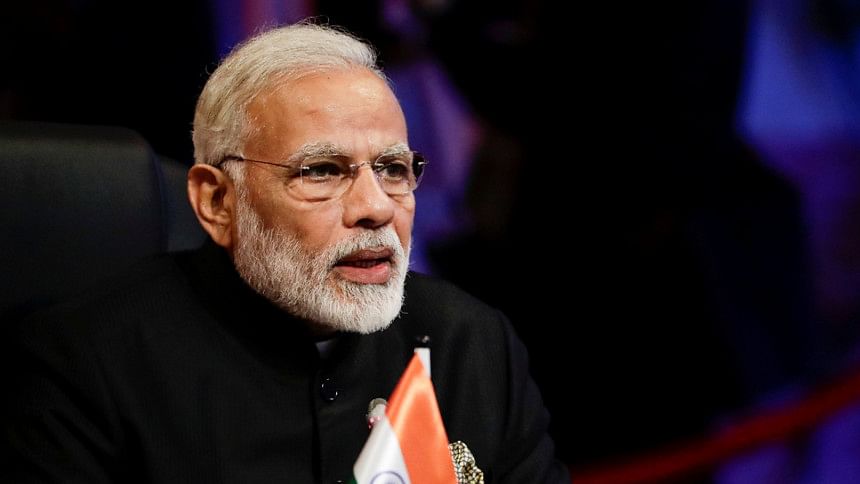
He is more well-loved than Sonia and Rahul Gandhi despite failing to live up to election promises.
Indian Prime Minister Narendra Modi remains the most popular leader in India, according to the US based Pew Research Centre, in a survey that underscores the trust people have in him, even with the rumblings over a dip in economic growth.
The survey, conducted by the non-partisan think-tank of 2,464 respondents in India from February 21 to March 10 this year, said nearly nine in 10 had a favourable opinion of Modi, who has held power for a little over three years.
His lowest ratings were for his handling of communal relations, or tensions between Muslims and Hindus and India's various castes. However, Pew said the issue was not at the forefront of many respondents' concerns.
It said Modi "remains by far the most popular national figure in Indian politics tested in the survey", with his favourable ratings 31 percentage points higher than for Congress president Sonia Gandhi, and 30 points more than for her son, Congress vice-president Rahul Gandhi, who runs the party.
"The public's positive assessment of Modi is buoyed by growing contentment with the Indian economy: More than eight in 10 say economic conditions are good, up 19 percentage points since immediately before the 2014 election," said the report.
The survey found young Indians, aged between 18 and 29, showed "slightly greater intensity of support" for Modi than those aged 50 and over.
The Indian prime minister came to power in 2014 on the back of popular support. He promised to create jobs, boost the economy and end corruption. His Bharatiya Janata Party (BJP) has gone on to do well at many state-level elections, including in the populous state of Uttar Pradesh, which it won early this year.
Yet the survey comes at a time of growing rumblings against the Modi government due to its decision to demonetise high-value currency in the country and a dip in economic growth. While the move to take 500 rupee and 1,000 rupee notes out of circulation a year ago was said to target those with unaccounted money and was praised as an anti-corruption move, it disrupted the economy, especially hurting smaller businesses and leading to reports of many job losses.
Poor implementation of the goods and services tax also gave rise to difficulties among many small and medium-size businesses.
Criticism has come from inside Modi's own BJP, from elder leaders like former finance minister Yashwant Sinha, as India's GDP grew 5.7 percent in the April-June quarter, the slowest growth since the first quarter of 2014.
The positive ratings in spite of all this shows that people still have hope in Modi, said analysts.
"Although there are reservations on the ground and, in spite of demonetisation and GST, they feel their best bet is on him. There is no alternative around," said Dr N Bhaskara Rao of the Delhi-based Centre for Media Studies.
According to the survey, 85 percent of respondents voiced trust in the national government.
Modi's lowest ratings, at 50 percent, were for his handling of communal relations and for a failure to curb pollution, which has blanketed the capital city of Delhi in a toxic cloud of smog.
The BJP coming to power has emboldened Hindu nationalists groups, including so-called cow vigilantes who have targeted Muslims.
"Women are particularly critical of how he has dealt with communal relations, as are people living in northern India. And rural Indians are less supportive than those in urban areas," said the survey, which also noted that neither communal issues nor pollution was a priority for Indians.
Still, analysts pointed out that Modi had not yet been able to fulfil his domestic agenda.
DH Pai Panandikar, president of RPG Foundation, a private think-tank, noted that Modi has has not met the targets he had set for himself during the elections, falling short especially in the creation of jobs.
"With demonetisation, employment has actually gone down," he said. "And communal issues have been a negative factor."

 For all latest news, follow The Daily Star's Google News channel.
For all latest news, follow The Daily Star's Google News channel. 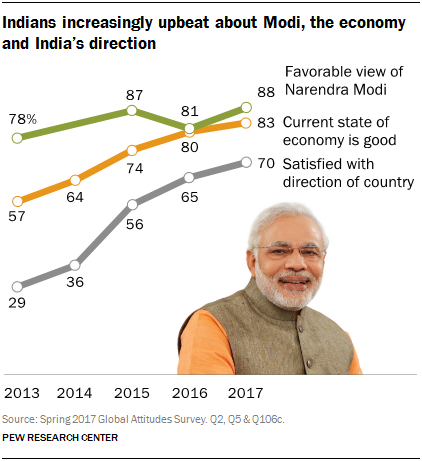
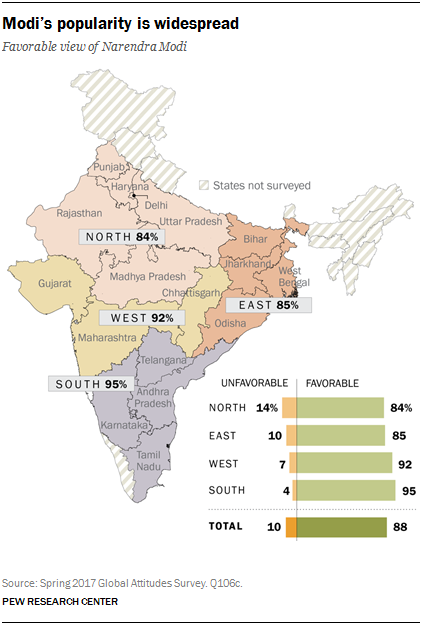
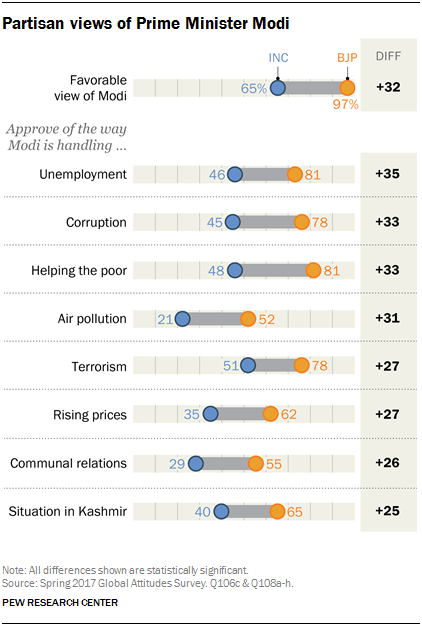
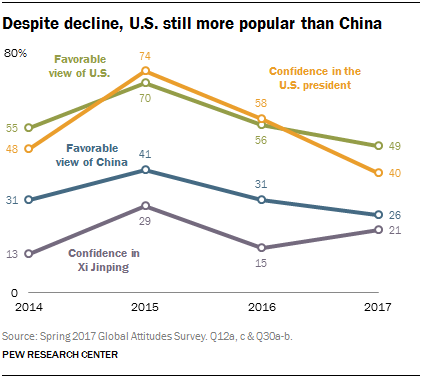



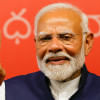
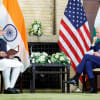
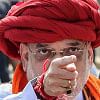
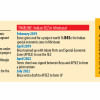


Comments